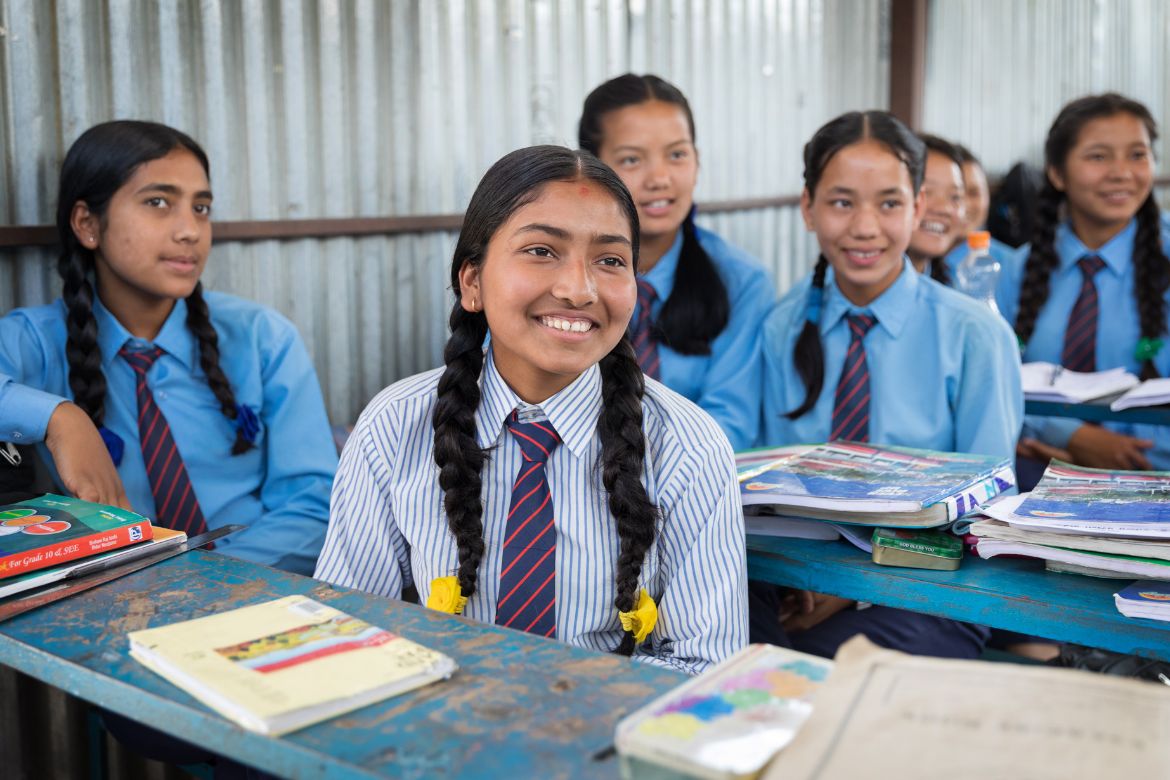
Global Partnership for Education (GPE)
Leaving No One Behind: How EOL Approaches Inclusion and Gender Equality
Education has the potential to drive inclusion of marginalized groups and gender equality which is key to creating a more peaceful, prosperous, healthy and sustainable world. Practically, many elements of these issues can be addressed at a national level.
Quality education particularly for the most marginalized, including girls, is essential to provide equal opportunities for all and enable people to claim their rights. As GPE’s fund for civil society in shaping education policy, the Education Out Loud (EOL) programme is uniquely placed to nurture, guide, and stimulate national-level civil society engagement in education advocacy in relation to inclusion and gender equality in more than 60 countries.
Inclusion and gender equality are key issues in almost all that the Education Out Loud programme engage in. This also means that the terms cover a multitude of aspects: some are issues that can be addressed via the way Education Out Loud supports civil society advocates, some relate to the sphere of influence of those advocactes and some are issues that concern the multitudes of contexts and cultures where Education Out Loud’s 80+ grantees work every day to make an impact for marginalized learners.
To provide a framework for how the Education Out Loud programme works with inclusion and gender issues, we are proud to announce the ‘EOL policy guidance note on inclusion and gender equality’: A succinct overview to how inclusion and gender concepts are operationalized in EOL in support of the significant role of civil society in advancing these agendas.
Read the policy guidance note here and get in touch with Martin Wolf Andersen (mwa@oxfam.dk) for further information, questions or comments
In short: Inclusion and Gender in the Education Out Loud Programme:
Inclusion and gender-related issues are at the heart of Education Out Loud.
As a fund, Education Out Loud is uniquely placed to nurture, guide, and stimulate national-level civil society engagement in education advocacy in relation to inclusion and gender equality in 60+ countries. There are three primary issue-areas for Education Out Loud:
- Inclusive education sector dialogue (gender responsive dialogue/policies)
- Inclusive coalition and alliances (promoting awareness and mainstreaming gender equality institutionally – also in advocacy and strategic plans)
- Social inclusion and gender equality as thematic advocacy strategies (promoting and tracking evidence generation, among other issues, in relation to girls’ education and gender equality)
Key Messages on Inclusion in Education Out Loud:
- Inclusion is at the core of Education Out Loud and, as such, is related to all parts of the programme.
- In relation to inclusion, as in all things, Education Out Loud promotes approaches that are locally led and locally focused. This means that approaches should be context-specific and based on grantees capacities, ambitions and motivations.
- Gender issues are inclusion issues. Education Out Loud has a special focus on gender equality and girls’ education as they are crucial topics in addressing exclusion.
- Learning is a prominent feature in Education Out Loud, and inclusion and gender are thus intrinsically related to EOL’s approach to learning.
